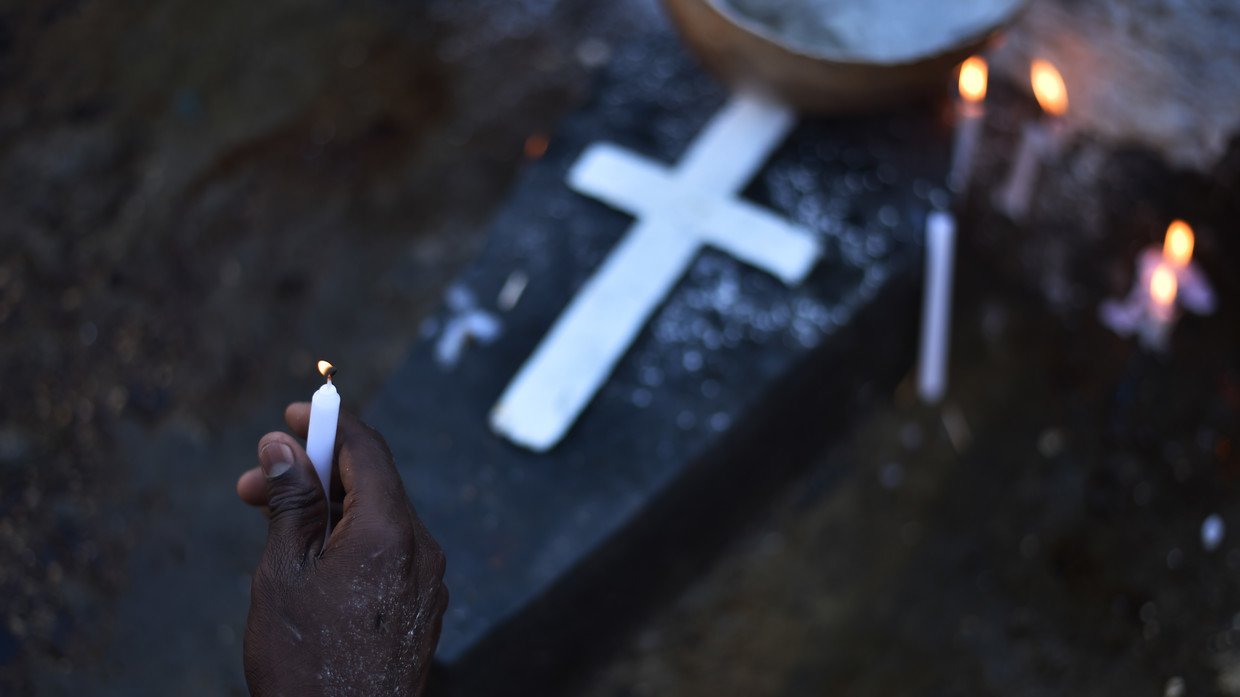The spiraling economic meltdown in Zimbabwe is expected to worsen in 2019, partly due to the out-of-control inflation, the country’s Treasury statistics show.
The economy is expected to contract 20 percent in dollar terms in 2019. According to the data, Zimbabwe's GDP rose four percent last year, but the inflation rate accelerated from 20.85 percent in October to 75.86 percent last month.
Finance Minister Mthuli Ncube said recently that austerity measures adopted last year were working and would produce a budget surplus.
Also on rt.com Zimbabwe drops US dollar & relaunches own currency to revive economyHowever, experts say that the economy is officially pronounced 'dead,’ as the latest data and the government’s reforms do not seem likely to make positive changes anytime soon.
“Our economy is now dysfunctional and literally dead. We have a real crisis in this country… We don’t have an economy to talk about. We are experiencing so many problems such as fuel, prices are skyrocketing, corruption etc. To be quite honest corruption has destroyed this country…” said Tinashe Eric Muzamhindo of the Women's University of Africa in Zimbabwe.
The Reserve Bank of Zimbabwe is expected to cancel fuel subsidies on Tuesday, which means oil companies will be required to compete for foreign currency on the interbank market. The move is likely to see the price of fuel rising sharply. The last fuel price hike in January made gasoline sold in the country the most expensive in the world and sparked nationwide protests.
Also on rt.com Fury as Zimbabwe judiciary spend $155k on handmade wigs from LondonCentral bank governor John Mangudya said on Monday the bank was dropping the 1:1 peg from the fuel importation matrix. That could possibly trigger another round of price rises and have a domino effect on the economy.
“There shall be only one foreign exchange rate to be used in the market for the importation of all goods and services. This means that the 1:1 exchange rate that was being used by OMCs for the procurement of fuel will be discontinued with immediate effect,” Mangudya said.
Also on rt.com Zimbabwe now has the most expensive gasoline in the worldZimbabwe has been hit by rising inflation and increasing levels of government debt for many years. Following hyperinflation in 2009, the country abolished its own currency and adopted the use of a basket of strong international currencies led by the US dollar. In February, Harare decided to abandon an unrealistic dollar peg for the country’s surrogate bond notes and electronic dollars, which were merged into a new currency called the RTGS dollar.
Former finance minister and opposition politician Tendai Biti, who oversaw Zimbabwe’s adoption of the US dollar to curb hyperinflation 10 years ago, has slammed the new policy as a disaster, grand theft and “voodoo economics.”
For more stories on economy & finance visit RT's business section

